Published in the Sunday Indian Express Magazine - Eye on 09 February 2025
A Journey through India’s Tea Gardens
Everyone will agree that India is a country where tea is woven into the fabric of daily existence. Recently, at the OTM Travel Mart held at the Jio Convention Centre in Mumbai, the topic of tea tourism in India sparked a lively discussion. As I pondered over this discussion, it became evident that tea tourism is more than just a niche interest - it's a burgeoning trend that offers travellers a unique blend of history, culture, and scenic beauty. So today, let’s embark on a journey through India's tea gardens, discovering the rich heritage and unique experiences that make tea tourism a captivating and enriching pursuit.
The Origins of Indian Tea: The story of tea in India began in the early 19th century when the British East India Company, seeking to break China's monopoly on tea, discovered the wild tea plants growing in Assam. This discovery marked the beginning of India's journey as a major tea producer.
The British established the first tea plantations in Assam, and soon, tea cultivation spread to other regions, including Darjeeling and the Nilgiris. Today, India is one of the largest tea producers in the world, and as we all know, tea is an integral part of our daily life.
The Tea Gardens of Assam: In Assam's tea gardens, life moves with a quiet rhythm. You hear the gentle rustle of leaves, see skilled hands carefully plucking tender tea buds, and feel the pulse of daily life shaped by the seasons. The air carries the fresh, earthy scent of tea leaves, mixed with hints of wildflowers and the faint hum of distant conversations - a peaceful, grounding atmosphere.
A visit to Assam isn’t complete without a tea-tasting session. Here, you get to experience Assam tea at its source - strong, malty, and full-bodied with a rich amber hue. Guided by expert tea tasters, you learn to notice the subtle differences in flavour and aroma, discovering how a simple leaf transforms into the perfect cup.
For a deeper experience, stay in one of Assam’s heritage tea bungalows. Set amid sprawling tea estates, these bungalows offer a blend of history and comfort. Guided tours of the plantations, home-cooked meals featuring local flavours, and quiet moments surrounded by green landscapes make for an unforgettable stay.
Assam's tea story begins with the Singpho tribe, who discovered wild tea plants in the region long before tea became a global commodity. Their traditional methods of tea preparation laid the foundation for Assam’s thriving tea industry. Learning about the Singpho's culture and their connection to tea adds depth to the experience, showing how tea is not just a product but part of the land’s identity.
The Charm of Darjeeling: Perched high in the foothills of the Himalayas, Darjeeling is often referred to as the ‘Queen of the Hills.’ The cool climate, high altitude, and misty air here create the perfect conditions for producing the delicate and floral notes that define Darjeeling tea.
As you explore the tea estates of Darjeeling, you will be greeted by breathtaking landscapes that seem to stretch endlessly - rolling carpets of verdant tea bushes cascading down hillsides, framed by the snow-dusted peaks in the background. The crisp mountain air carries the subtle fragrance of fresh tea leaves mingling with the earthy scent of the Himalayan forests. Walking through these estates, you can witness the meticulous process of plucking the tender tea leaves, which are then carefully processed to create the world-famous Darjeeling tea.
One of the most luxurious experiences in Darjeeling is staying at a heritage tea resort. Imagine waking up to the sight of the sun rising over the Himalayas, enjoying a cup of freshly brewed Darjeeling tea on your private balcony, and taking leisurely walks through the tea gardens. The experience is heightened by the charm of colonial-era bungalows, complete with antique furnishings and cosy fireplaces that echo the region's rich history. Many of these resorts also offer guided tours of the tea estates, where you can learn about the history and intricacies of tea production.
A notable figure in Darjeeling's tea history is Dr. Campbell, a British civil surgeon who is credited with planting the first tea seeds in the region in the 1840s. His experiments with tea cultivation laid the foundation for what would become one of the most prestigious tea-producing regions in the world. Today, visitors can explore the Makaibari Tea Estate, one of the oldest and most famous tea estates in Darjeeling, and learn about its rich heritage and sustainable farming practices.
Darjeeling tea is often referred to as the ‘Champagne of Teas’ due to its unique muscatel flavour, which is a result of the specific climate and soil conditions of the region. Visitors can indulge in tea tasting sessions where expert tea sommeliers guide them through the subtle differences between the first flush, second flush, and autumnal teas, each offering a distinct flavour profile.
To complement the tea experience, savour local delicacies such as momo dumplings, thukpa, and traditional Nepali and Tibetan cuisine, which pair wonderfully with a steaming cup of Darjeeling tea. Each season brings a new charm to the region - from the fresh, vibrant greenery of spring to the golden hues of autumn, making every visit unique.
The Nilgiri Experience: The Nilgiri Hills, often referred to as the ‘Blue Mountains,’ are home to some of the most picturesque tea gardens in India. The tea produced here is known for its fragrant and brisk flavour, making it a favourite among tea connoisseurs.
Here, you will be enchanted by the serene and tranquil environment. The sight of tea bushes neatly arranged on the slopes, interspersed with tall eucalyptus trees, creates a mesmerising landscape. The crisp mountain air carries the faint, invigorating aroma of freshly plucked tea leaves mingling with the cool scent of eucalyptus. As you walk through the estates, the gentle rustle of leaves underfoot and the distant call of hill birds create a symphony unique to these highlands. Visitors can take guided tours of the plantations, where they can learn about the tea-making process, from plucking the leaves to the final stages of production.
In the Nilgiris too, guests can enjoy personalised tours of the tea estates, indulge in gourmet meals featuring tea-infused dishes, and relax in the serene surroundings. The experience of staying in these bungalows, with their antique furnishings and cosy fireplaces, transports you back to a bygone era. Tea cultivation in the Nilgiris dates back to the British colonial era, with estates established in the 19th century. Many of these estates still retain their colonial charm, with bungalows that once housed British planters now serving as heritage stays.
One unique aspect of tea tourism in the Nilgiris is the opportunity to participate in tea blending workshops. These workshops allow visitors to create their own custom tea blends, guided by expert tea masters. It is a hands-on experience that provides a deeper appreciation for the art and science of tea blending. The Nilgiris are renowned for their unique frost teas, harvested during the coldest months, imparting a distinct, delicate flavour prized by tea aficionados worldwide. Additionally, the region produces a variety of teas including black, green, and white teas, each with its own distinctive profile influenced by the high-altitude climate.
The Nilgiris are also home to the Toda tribe, an indigenous community with a rich cultural heritage. Visitors can learn about the Toda's traditional way of life, their unique handicrafts, and their connection to the land. The Toda's distinctive barrel-shaped huts and intricate embroidery are a testament to their enduring cultural legacy.
Pair your freshly brewed Nilgiri tea with local delicacies like varkey biscuits from Ooty or homemade jams from Coonoor, enhancing the flavours with a touch of regional authenticity.
Tea Festivals and Events: Throughout the year, various tea festivals and events are held across India. One of the most popular tea festivals is the Assam Tea Festival, held annually in the heart of Assam. The event features tea-tasting sessions, cultural performances, and guided tours of the tea estates. Visitors can also participate in workshops on tea blending and brewing, gaining a deeper understanding of the art and science behind a perfect cup of tea.
In Darjeeling, the Darjeeling Tea and Tourism Festival is a major attraction. This festival showcases the best of Darjeeling tea, with events such as tea-tasting sessions, plantation tours, and cultural performances. The festival also includes a tea auction, where visitors can bid on some of the finest teas produced in the region.
The Nilgiris also host their own tea festival, known as the Nilgiri Tea Festival. This event highlights the region's tea culture and offers visitors a chance to explore the picturesque tea gardens. The festival provides a comprehensive experience of the Nilgiri tea heritage. Visitors can also enjoy gourmet meals featuring tea-infused dishes, adding a unique culinary dimension to the festival.
Tea tourism in India is not just about tasting different varieties of tea; it's about immersing oneself in the culture, history, and natural beauty of the tea-growing regions. So, whether you are a tea connoisseur or simply a curious traveller, I invite you to embark on this journey through India's tea gardens. Experience the rich heritage, the unique flavours, and the luxurious experiences that make tea tourism in India a true celebration of life!






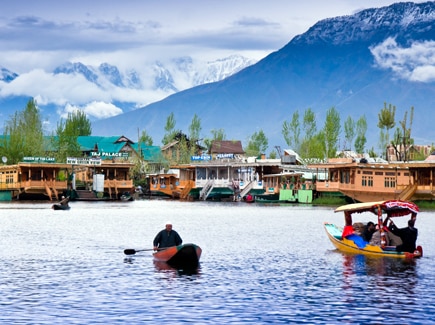
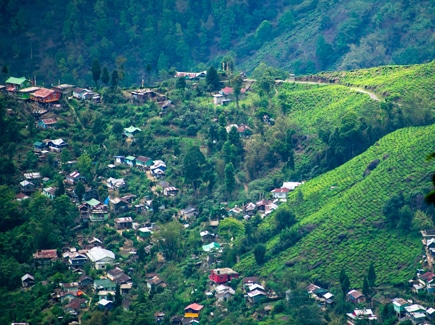
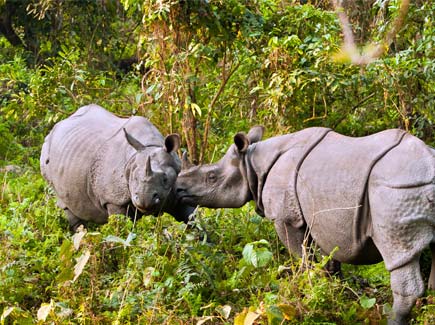

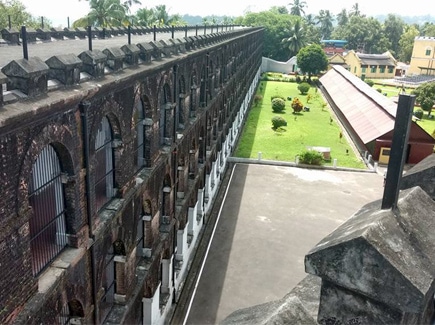
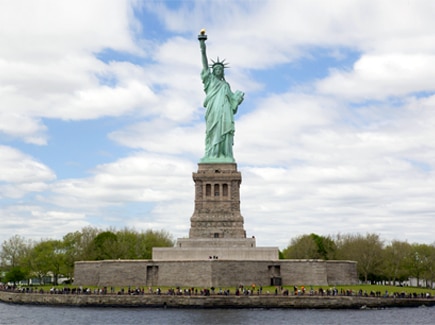

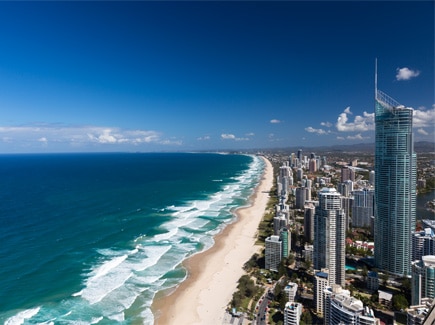
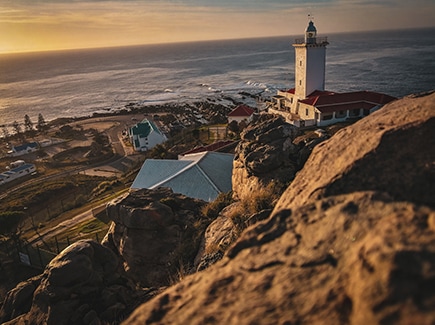









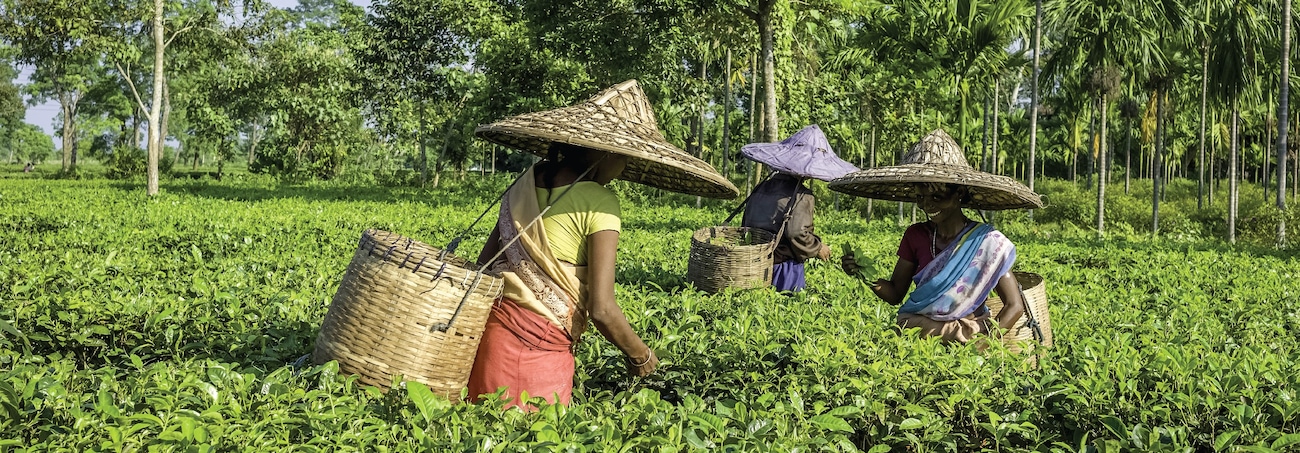





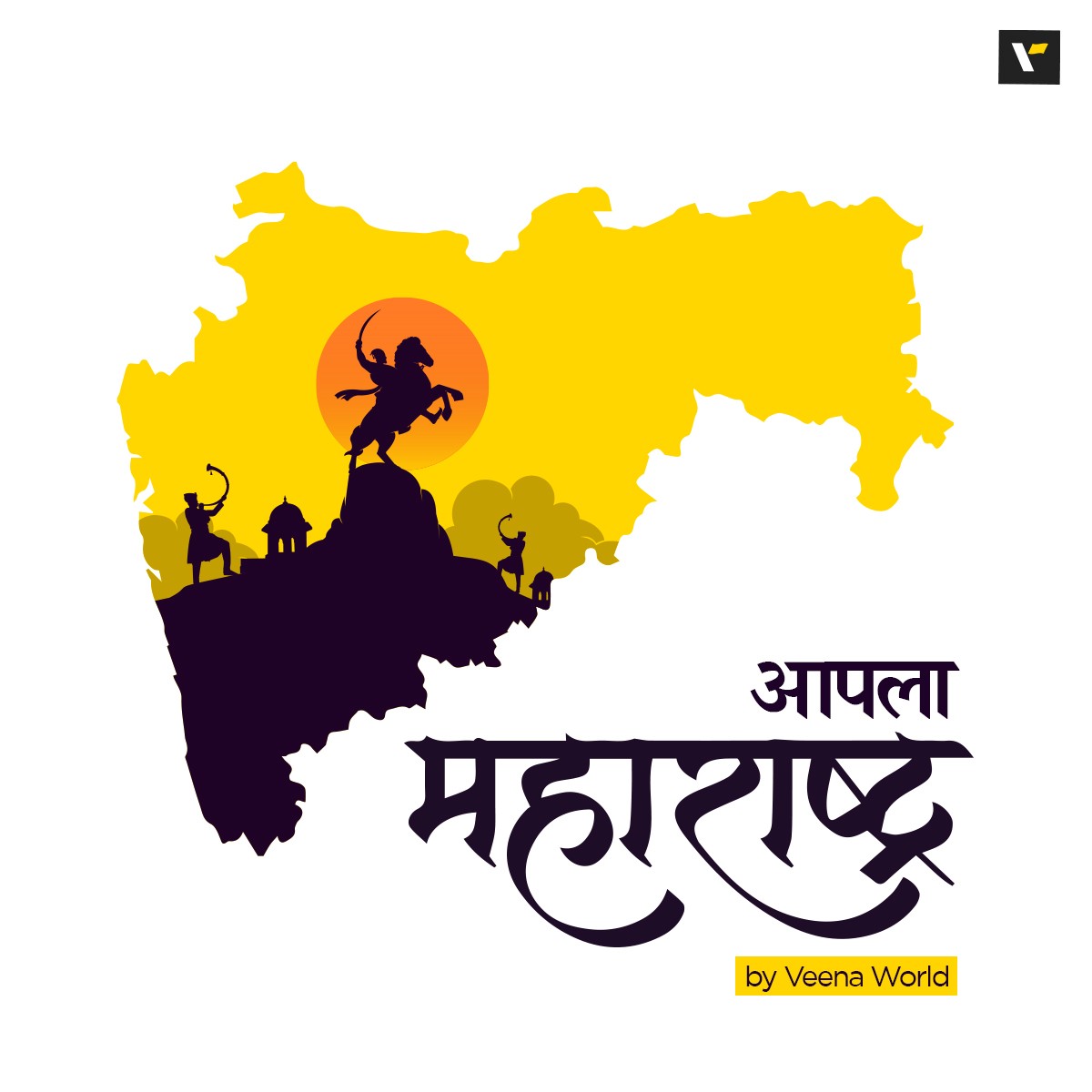













Post your Comment
Please let us know your thoughts on this story by leaving a comment.